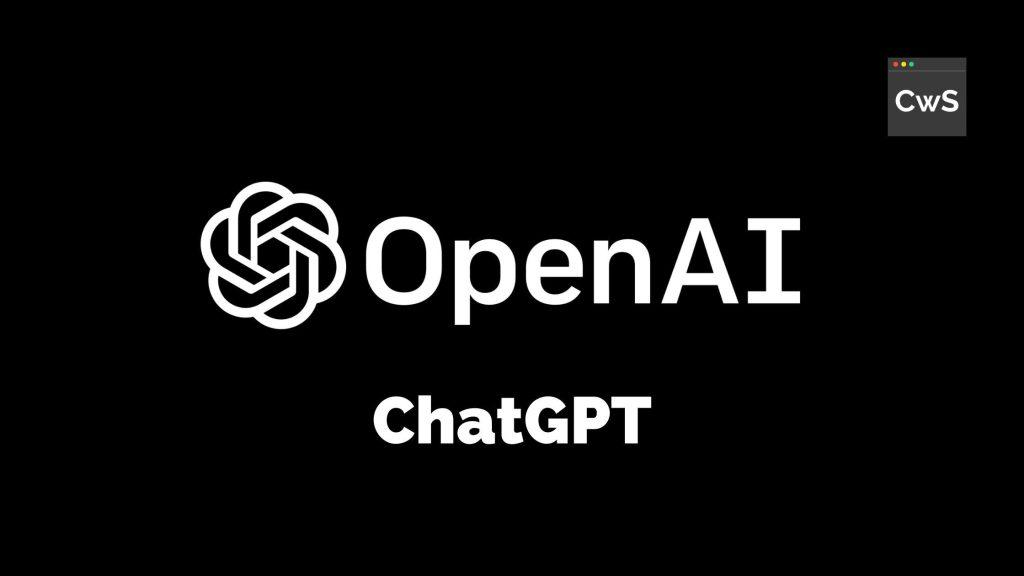Two Chinese semiconductor manufacturers are in the initial phases of fabricating high bandwidth memory (HBM) chips utilized in artificial intelligence (AI) chipsets, as per insiders and documents. The advancement in HBM, even in earlier iterations, signifies a significant stride in China’s endeavor to diminish its dependence on overseas suppliers amidst escalating tensions with Washington, resulting in restrictions on the export of advanced chipsets to Chinese enterprises.
These chips are being showcased to potential clients, according to two of the informants. Tongfu Microelectronics’ stocks surged by 8% in Wednesday’s trading session. In a separate development, Wuhan Xinxin is erecting a factory capable of manufacturing 3,000 12-inch HBM wafers monthly, with construction purportedly commencing in February this year, as per documents sourced from corporate database Qichacha.
Likewise, Wuhan Xinxin, which has signaled its interest in going public to regulators, along with its parent firm, did not respond to requests for comment. The parent company also owns NAND memory specialist YMTC or Yangtze Memory Technologies, which stated it lacks the capacity to mass produce HBM. Both CXMT and Wuhan Xinxin are privately held entities that have received funding from local governments to propel technological advancements as China channels investments into bolstering its chip sector.
The local government of Wuhan did not respond to requests for comment. In a separate development, Chinese tech giant Huawei (HWT.UL), categorized by the U.S. as a national security threat and subject to sanctions, aims to manufacture HBM2 chips in collaboration with other domestic companies by 2026, according to one of the sources and an individual with knowledge of the matter.














